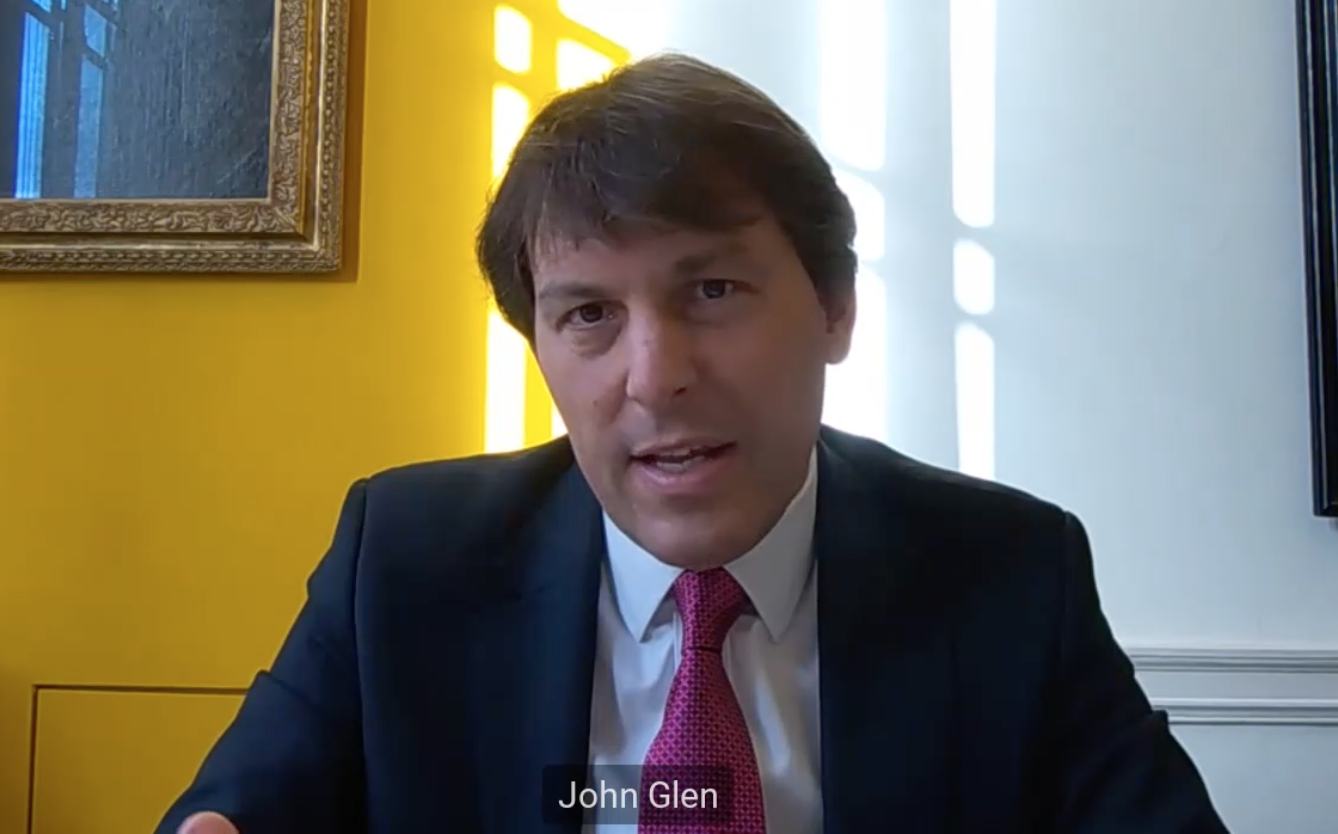The chief executive of the Prudential Regulation Authority (PRA), Sam Woods, has used his response to the recent Treasury Select Committee report on the future regulatory framework for UK financial services to reiterate its belief that the UK must not become a “rule-taker” following Brexit.
The influential committee of MPs made a series of recommendations about how financial regulation should be managed and be accountable in the wake of the UK’s departure from the European Union, writes David Worsfold, Contributing Editor.
The committee’s key recommendations to the Treasury in July were:
- EU financial services rules that were on-shored during the process of leaving the EU should be moved into the regulators' rule books.
- Regulators should not be required to share proposals with the Treasury before public consultation.
- While there may be a role for the government to use ‘activity based’ principles to instruct regulators’ approach to specific business sectors, the Government should be sparing in this respect.
- The Committee does not see a clear need for the creation of a new committee or independent body to scrutinise financial regulations. It believes the existing accountability through the Select Committee works well.
Woods broadly welcomed these proposals, saying they “would give the UK the opportunity to make rules more accessible while moving towards a more coherent prudential regime. This would also enable the Bank to tailor the prudential regime to the UK market, for example by delivering a ‘strong and simple’ prudential framework for non-systemic UK-focused banks and building societies. Under this model we should also be able to act more dynamically in targeting responses to changes in the market”.
In his response, he goes on to set out the PRA’s own proposals for its post-Brexit guiding principles:
- Maintaining high standards, which are crucial both to our existing objectives and to the UK’s international standing as a place to do business.
- Dynamism to respond to new opportunities and risks.
- Efficiency so that the cost of regulation to the public and to firms remains proportionate.
- Transparency around regulatory decisions and the rationale for them, to support legitimacy.
- Taking a UK-tailored approach to setting standards while meeting international norms, rather than becoming ‘rule-takers’ who mechanically apply other jurisdictions’ approaches.
He warns that this will require more staff: “Some of this needs to happen now, subject to consultation with levy-payers, but the wider change to the nature of our rules, and our role in that, will not happen overnight – though we will prioritise areas of greater opportunity or need.”
 In a non-committal reply to the committee, the recently re-appointed City Minister John Glen (pictured) said the Treasury is still considering the responses to its own Financial Services Future Regulatory Framework Review Consultation, which closed on 19 February 2021. He said it hoped to publish details of a second consultation later this autumn. He did, however, confirm that the government was still committed to ensuring financial regulators would be accountable to Parliament.
In a non-committal reply to the committee, the recently re-appointed City Minister John Glen (pictured) said the Treasury is still considering the responses to its own Financial Services Future Regulatory Framework Review Consultation, which closed on 19 February 2021. He said it hoped to publish details of a second consultation later this autumn. He did, however, confirm that the government was still committed to ensuring financial regulators would be accountable to Parliament.
• The Treasury Select Committee has already moved on to the next phase of its examination of how regulation should operate post-Brexit and has heard from panels covering both insurance and asset management.
These explored opportunities to promote innovation in financial services and to improve outcomes for consumers, the importance of international trade for both sectors, and the case for making changes to regulation such as the European framework for insurance regulation, Solvency II.
Among those appearing on the panels invited by the committee last week were:
Richard Dudley, CEO, Global Broking Centre at Aon UK
Charlotte Clark, Director of Regulation at Association of British Insurers
David Sansom, Chief Risk Officer at Lloyd’s of London
Chris Cummings, CEO at Investment Association
Sir Douglas Flint CBE, Chairman at abrdn
Philip Reed, General Counsel at Independent Franchise Partners LLP

